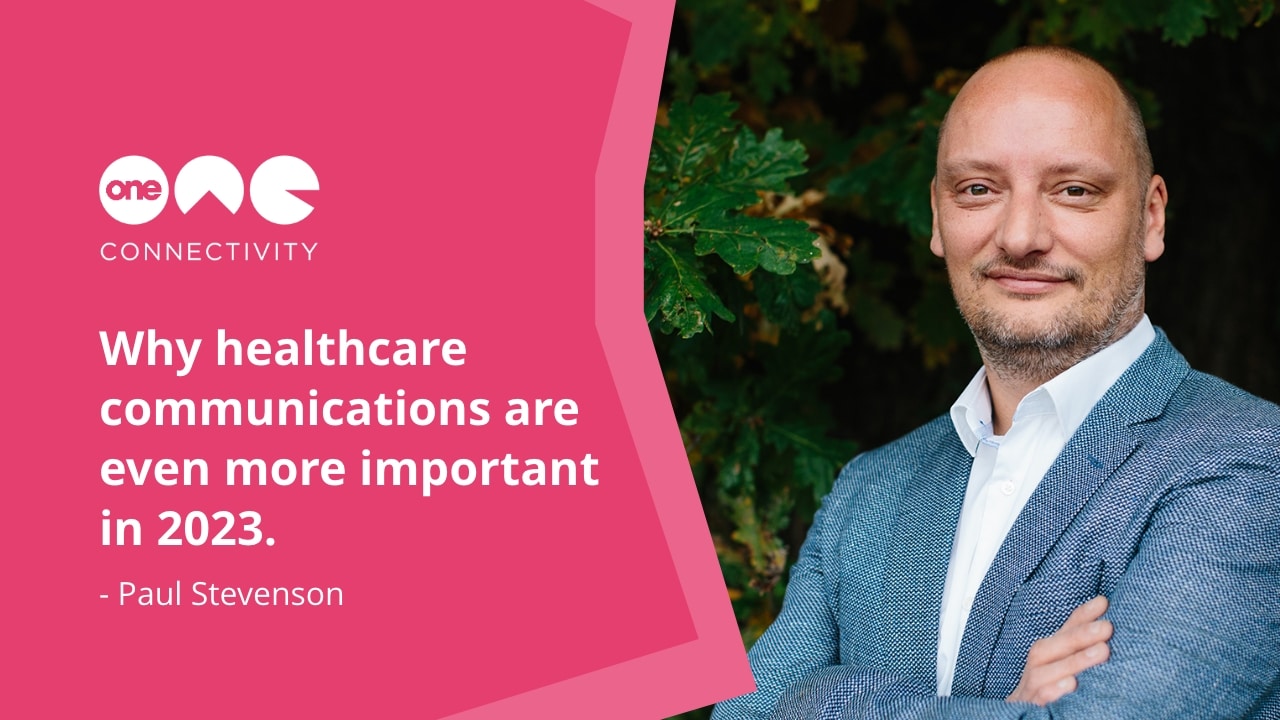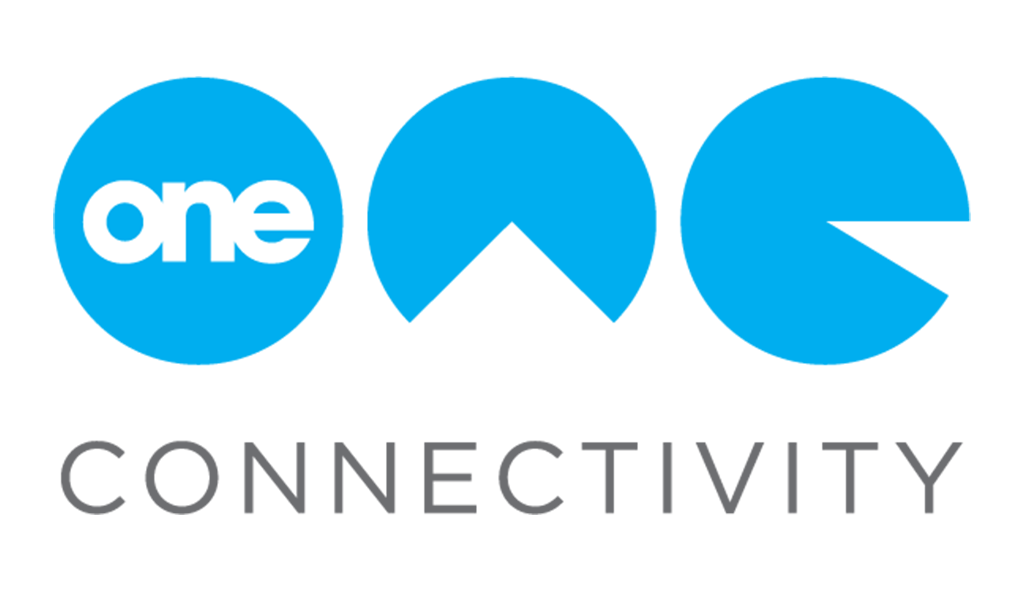
23 Jan Paul Stevenson: The importance of communication technology to healthcare in 2023

Reliable communication technology is important to every industry in the world. But I’m not going to surprise anyone by saying that the healthcare sector relies on it more than any other. Our experience in the sector has shown that they also face some of the most complex challenges.
Thankfully, the telecoms industry is always advancing. We’ve developed a lot of new services that I think are perfect for the healthcare sector, and address a lot of their key pain points. Today I thought I’d outline some of these unique challenges, and the solutions that can make a difference.
Improving patient outcomes
In every industry, great communication is always centred around improving the experience for the customer. Naturally, then, patients should be at the heart of any changes made to a phone system in a hospital, GP’s surgery or NHS trust.
The basic principle is that you want calls to be as efficient as possible. Patients, or their loved ones, should be able to book an appointment or get the information they need, put the phone down and not need to call back. Sounds simple? Well, those in the NHS know it’s easier said than done.
The solution here is to make all the information staff need to resolve calls as easy as possible to access. It’s all generally stored on management software like EMIS or SystmOne. But cross-referencing this data while on the phone can be a challenge. Our Call Connect platform does this for you automatically at the start of every call!
Taking the pressure off reception staff
This follows on from my last point. Calls need to be as efficient as possible, because teams in the healthcare sector face so many. If teams can handle each call more quickly, and in a way that reduces the need for call backs moving forward, it takes a huge amount of pressure from staff.
A great solution here is to resolve multiple calls in one. The way we do this once again relies on our Call Connect service. Using data from healthcare management systems, staff can see information from patients registered in the same household, if one member of that household calls. This means if appointments, vaccinations or anything else needs booking, this can be handled in one call, rather than two or three. It’s a small change but one that can make a big difference.
Making internal comms more efficient
One of the ways that healthcare is unique compared to other industries is that internal comms are just as important as external ones. While patient calls are crucial, you need to know what’s going on around your practice just as much.
This is made challenging by the age of many practices. We know many won’t have the infrastructure in place to support the most modern services. That’s where we can help.
Similar to how we support care homes and schools, when we deploy connectivity services in healthcare practices, we do so using Wi-Fi access points. These make sure that the connection across the entire practice is consistent. We then follow this up by deploying cordless handsets, that connect to these access points and ensure staff can reliably get in with their colleagues anywhere on site.
Working within funding limits
This is the elephant in the room when it comes to the healthcare sector. We know budgets are tight across the public sector. Securing funds for any project has its challenges, but there are solutions.
With the upcoming ISDN/PSTN switch off approaching, there are support schemes being developed to help practices move away from outdated phone lines and to the cloud. At One Connectivity we can offer guidance for practices and their supporting CCGs to access these services, at a price point that suits them.
For more information about One Connectivity, visit our website.
